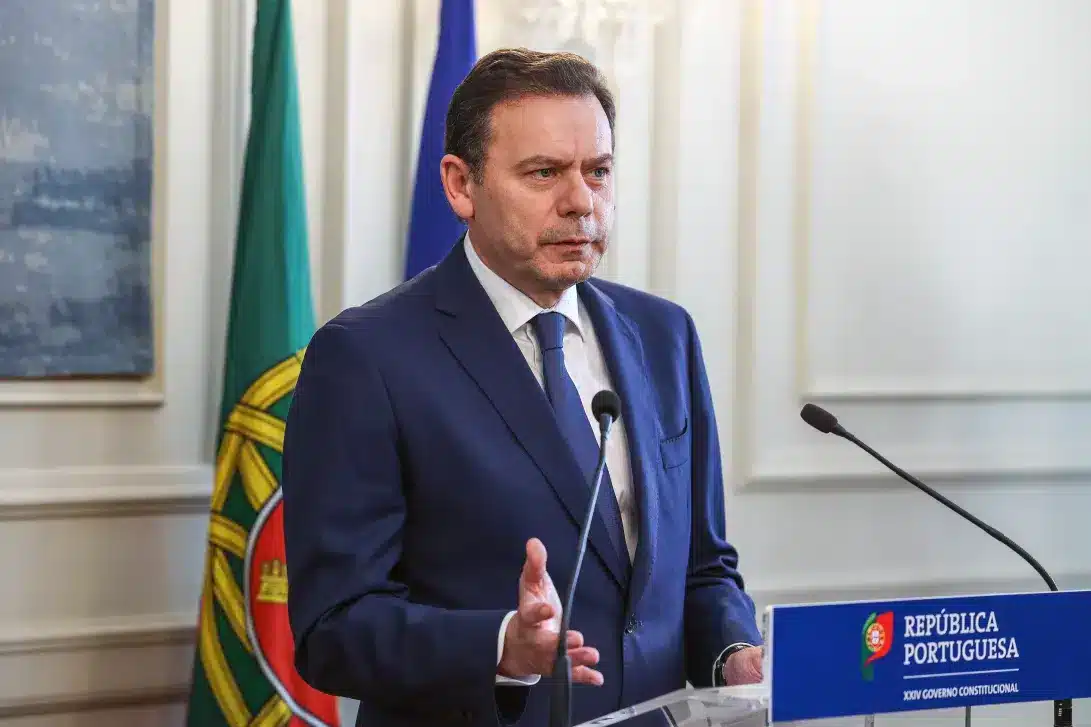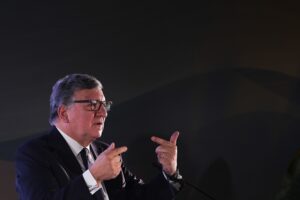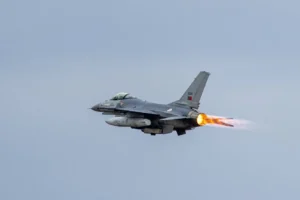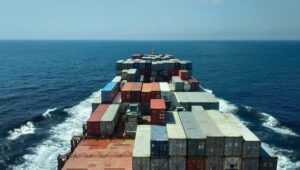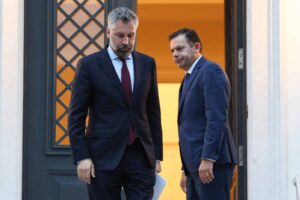“Portuguese government is advocating a PRR for defence area”
Portugal’s prime minister, Luís Montenegro, is following on from his perceived ‘rejection’ of NATO calls last week for increased defence spending, by suggesting a special European programme to cover it.
Referring to all the threats brought up by NATO secretary-general Mark Rutte, Mr Montenegro said: “We have a war on European territory, we have our defence and security threatened in various areas, we ourselves in Portugal, it is one of the points that is very present today, the defence of our collective infrastructures.
“In the maritime area, for example, we are under great threat because several of the marine cables that connect Europe with the American continent and beyond pass through our territory, in our maritime zone and exclusive zone.”
But the problem is ‘money’; the requirement to keep within budgetary guidelines. And so, as Lusa explains today, to support the large investments needed in this area, the PM called for “a model similar to the one that was on the table during the pandemic crisis and with the recovery, the subsequent economic recovery process”, referring to the Plan for Recovery and Resilience Plan (PRR), based on a joint debt issue in the EU.
“The Portuguese government is advocating a PRR for the defence area, that’s what it means”, he told reporters while still attending the informal summit of EU leaders in Brussels. “A common instrument that could possibly involve common debt, which could serve as the foundation for us to be effectively consistent, because otherwise in two or three years‘ time we’ll still be discussing the same things”.
As Lusa explains: “When there is a common sense of urgent need among member states and a consensus that the EU needs to strengthen its defence and security capabilities and invest more in this area, this informal meeting aimed to convey the message that this commitment is now on the EU agenda.
“Calculations by the European Commission released last June show that additional investment in defence of around €500 billion is needed over the next decade”.
In other words, we know now how much money is needed; the question is where will it come from. Frozen Russian assets? Even if all of these were ‘seized’, there would still be a shortfall of around €200 billion…
natasha.donn@portugalresident.com
Source material: LUSA

